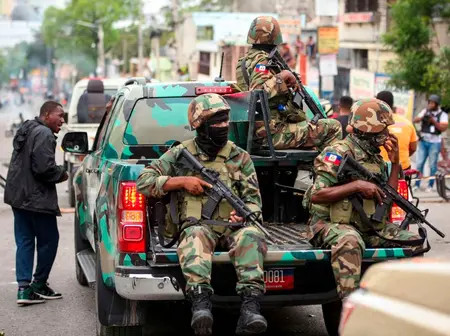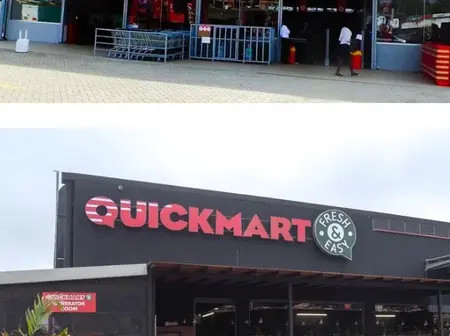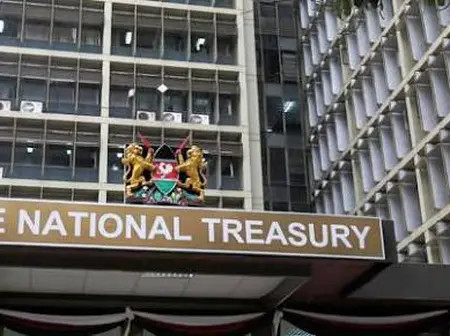
Haiti’s economy, long battered by political instability, natural disasters, and endemic poverty, is now propped up by a vast shadow economy that thrives beyond the reach of international sanctions.
From bustling informal street markets to clandestine fuel smuggling networks, this underground system has become the lifeline for millions of Haitians and the Achilles’ heel of global efforts to rein in powerful gangs and corrupt elites.
Despite sanctions targeting weapons, fuel, and financial flows, Haiti’s porous borders and fragile state institutions have created fertile ground for contraband. Fuel smuggled from the Dominican Republic fetches high prices in black markets, often ending up in the hands of gangs who resell it at extortionate rates.
Meanwhile, arms many trafficked from the United States flow unchecked into gang-controlled neighborhoods, empowering criminal groups to rival state authority.
But it’s not just gangs profiting. Everyday Haitians rely on the informal economy to survive. Street vendors, unlicensed transport operators, and underground money-transfer agents form a parallel system that, while technically illegal, provides food, jobs, and cash flow in a country where official avenues have collapsed. For many, it is the only functioning economy.
International sanctions, though well-intentioned, often fail to penetrate this web of survival and profit. Analysts warn that without addressing the root causes weak governance, widespread unemployment, and insecurity attempts to choke off the shadow economy will only deepen ordinary Haitians’ suffering while leaving entrenched power brokers largely untouched.
As Haiti teeters between collapse and resilience, its shadow economy has become both a shield and a curse: a system that sustains life in the absence of a functioning state, but also one that fuels the very chaos the sanctions are meant to quell.
SOURCE:https://x.com/ntvkenya/status/1970031563372167363?t=xDIkP5FtozlFQUputROaGg&s=19






